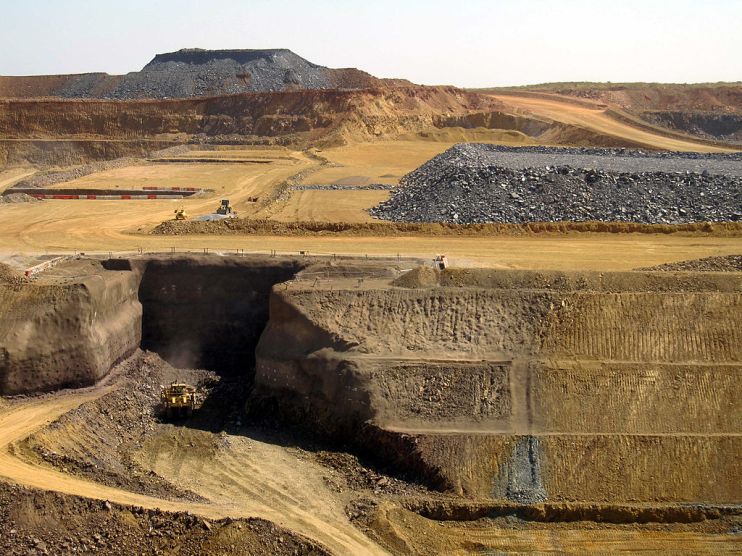Rio Tinto could destroy another 124 Aboriginal sites

Mining giant Rio Tinto is expected to destroy another 124 Aboriginal heritage sites in Australia, an inquiry into the destruction of the 46,000-year-old Jukkan Gorge sites has been told.
Speaking to a parliamentary panel about the incident, archaeologist Anna Fagan said that the Western Ranges iron ore development project would do much more damage to cultural sites in the area.
“We have 327 heritage sites and 124 will be destroyed by the Western Ranges expansion project by Rio Tinto,” she said.
The destruction of the Jukkan Gorge sites has caused outrage, with Rio Tinto’s boss Jean-Sebastien Jacques stepping down earlier this month after intense scrutiny.
The FTSE 100 firm’s chief executive was originally due to have his pay packet reduced due to his role in the incident, but after it was revealed that the company had sought legal advice to prepare for a potential injunction against its activities he and two other senior executives agreed to leave the business.
It was also revealed today that the firm had not yet agreed to an official review of the terms of the development project.
Before the Open newsletter: Start your day with the City View podcast and key market data
Grant Bussell, the head of the Yinhawangka Aboriginal Corporation, said: “Rio has stated in various forums that they will consider reviewing the agreement, but we don’t have a formal commitment.”
It also came to light that members of the indigenous groups had signed confidential contracts barring them from objecting to any developments on their ancestral territory.
This in turn prompted questions as to whether the firm had obtained full and fair consent from owners and inhabitants.
A spokesperson for the world’s second biggest mining firm said that it had taken steps to protect 250 of the 370 sites that the development could impact.
“As part of the ongoing study work at Western Range, the remaining sites continue to be reviewed and assessed, with further section 16 excavations to be conducted with the Yinhawangka People, together with ethnographic consultations to build further understanding of the cultural significance and values placed on these sites by the Yinhawangka People,” the spokesperson added.
“Consultation with the traditional owners will be integral to each stage of work.”